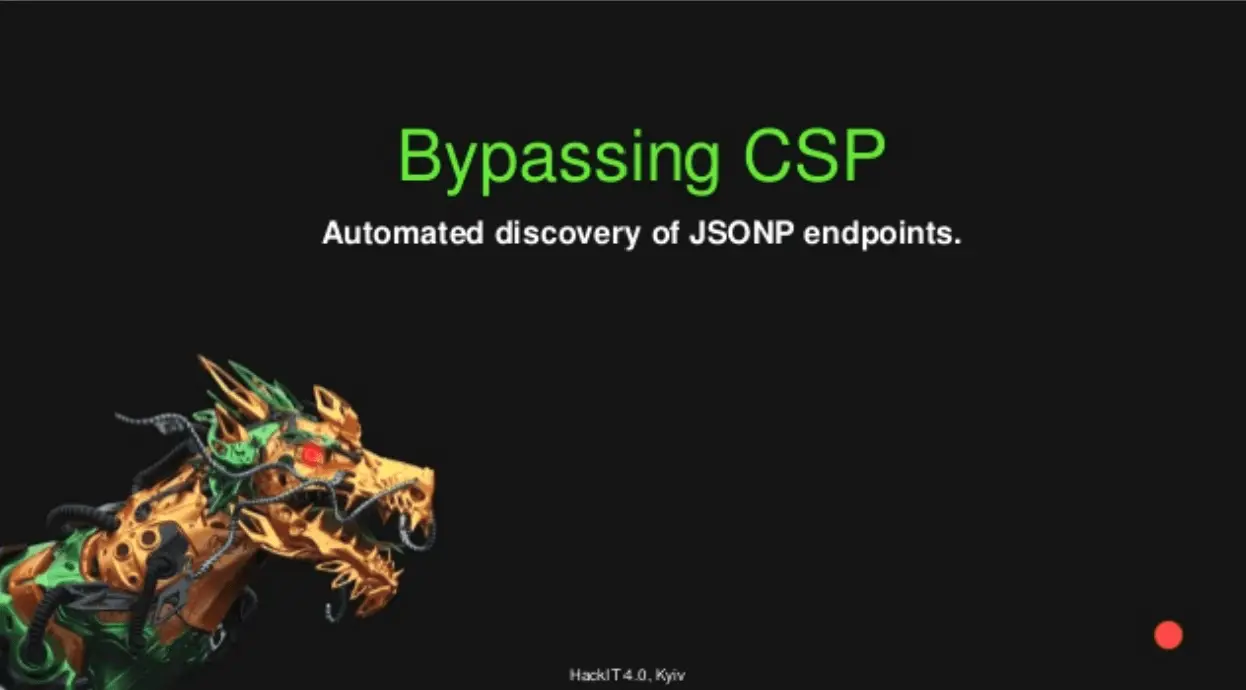JSONBee: use JSONP endpoints/payloads to help bypass content security policy

JSONBee
A ready to use JSONP endpoints to help bypass the content security policy of different websites.
The tool was presented during HackIT 2018 in Kiev. The presentation can be found here.
The main idea behind this tool is to find the JSONP endpoint(s) that would help you bypass content security policy for your target website in an automated way. JSONBee takes an input of a url name (i.e. https://www.facebook.com), parses the CSP (Content-Security-Policy), and automatically suggest the XSS payload that would bypass the CSP. It mainly focuses on JSONP endpoints gathered during my bug bounty hunting activities and could be used to bypass the CSP.
JSONBee relies on 3 methods to gather the JSONP endpoints:
- The repository within this project;
- Google dorks;
- Internet Archive (archive.org).
The tool is not yet fully completed as I’m still adding some validations and features too. However, the repository will be hosted here so that anyone can use it until the tool is ready.
The repo contains ready-to-use payloads that can bypass CSP for Facebook.com, Google.com and more.
Bypassing Facebook.com Content-Security policy:
Facebook.com allows *.google.com in its CSP policy (script-src directive), thus, below payload would work like a charm to execute JavaScript on Facebook.com: “><script+src=”https://cse.google.com/api/007627024705277327428/cse/r3vs7b0fcli/queries/js?callback=alert(1337)”></script>
If you came across a website that trusts any of the domains in a jsonp.txt file in its script-src directive, then pick up a payload that matches the domain and has fun 🙂
Download
git clone https://github.com/zigoo0/JSONBee.git
Copyright (C) 2019 zigoo0
Source: https://github.com/zigoo0/





